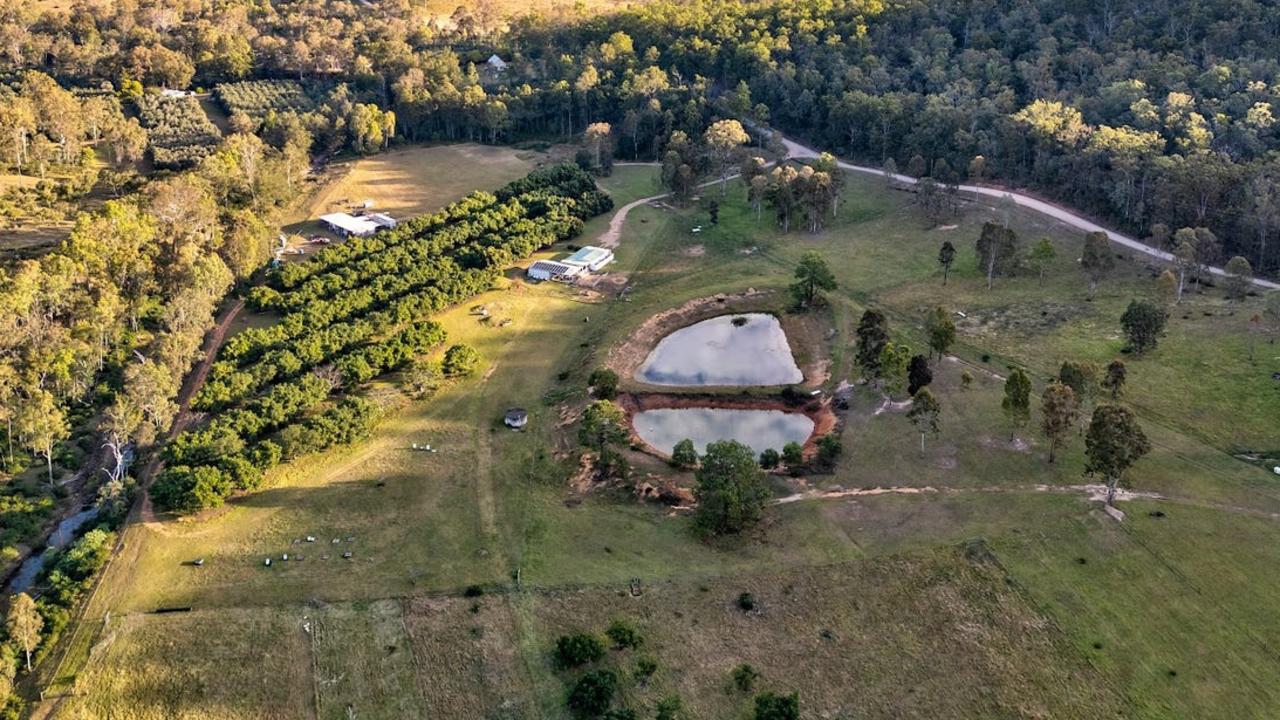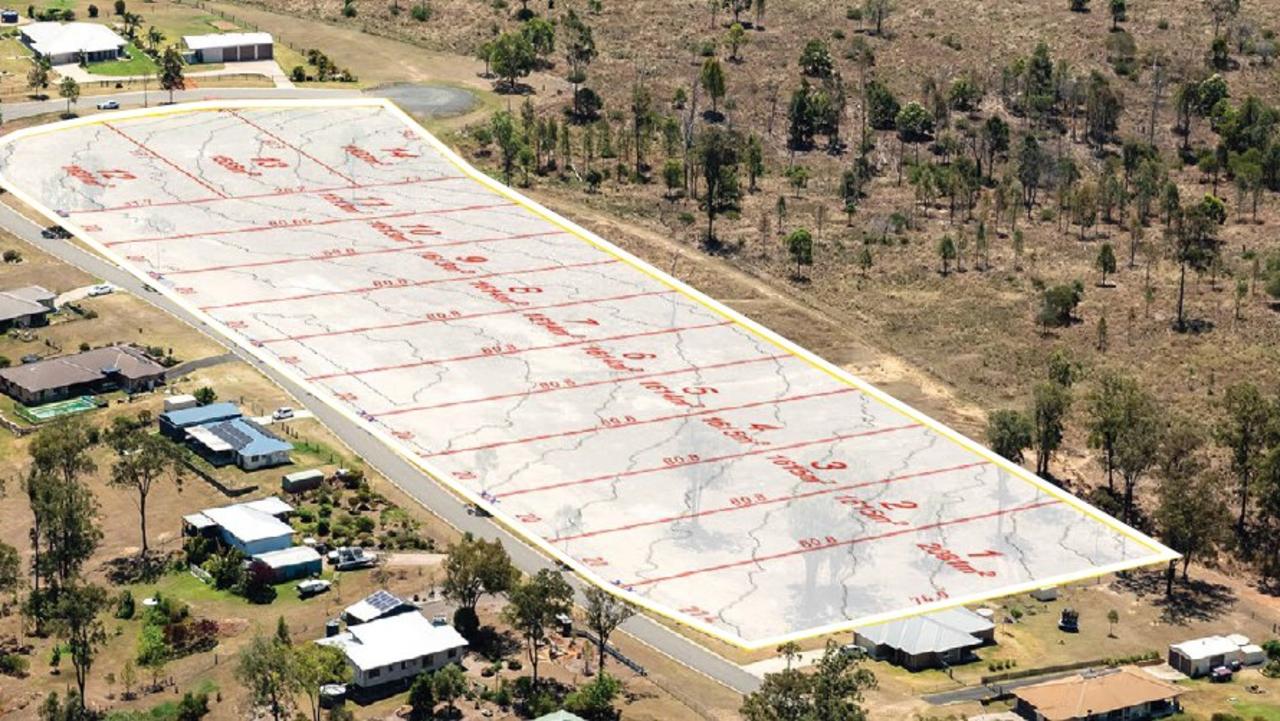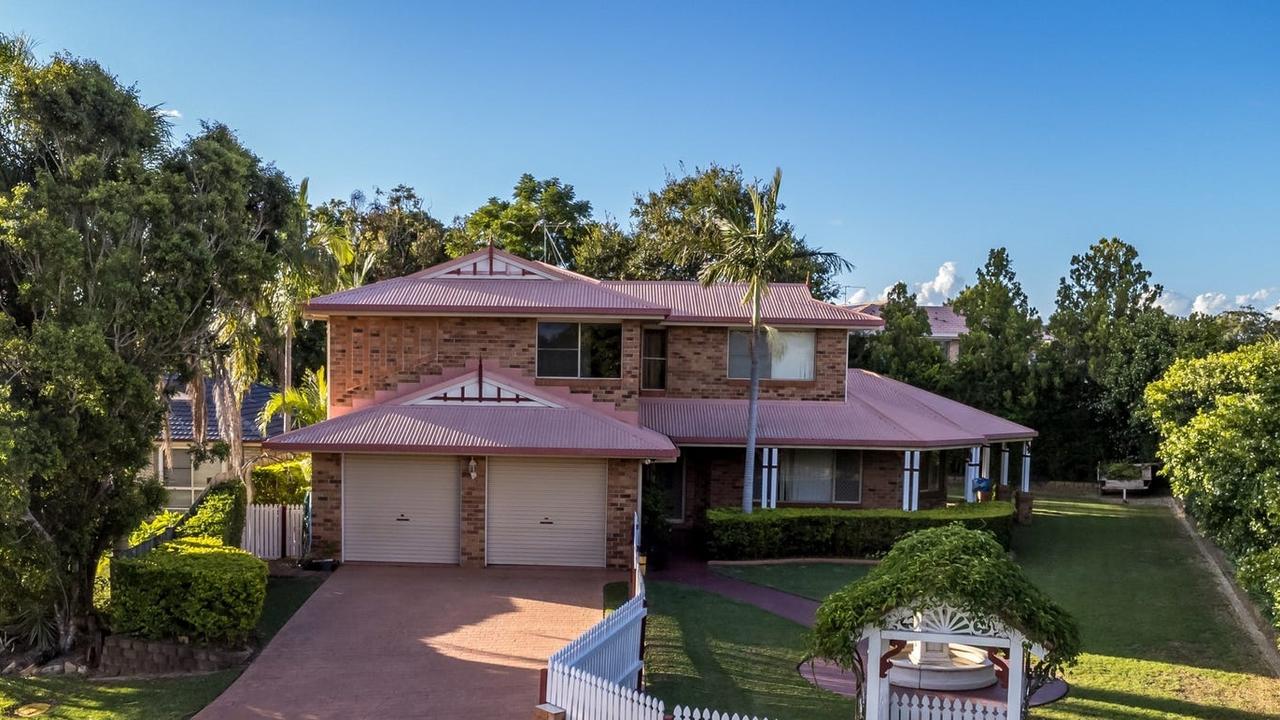How to buy a home when you're self-employed
RUNNING your own show is a dream for many workers – and it doesn’t have to mean sacrificing that other great Australian dream of home ownership.
Property
Don't miss out on the headlines from Property. Followed categories will be added to My News.
RUNNING your own show is a dream for many workers - and it doesn't have to mean sacrificing that other great Australian dream of home ownership.
Self-employment can be personally and financially rewarding, and the latest Household Financial Comfort Report from ME Bank confirms that since mid-2014 self-employed workers have enjoyed a rise in financial comfort levels.
That's good news for the self-employed sector, and now could be the time for small business owners to take the plunge into home ownership - especially while interest rates are at record lows.
>> Hockey tells home buyers to get job that pays well
>> First home buyers need 'ambition': Abbott defends Hockey
>> Why Joe Hockey's comments are so appalling
Information is king
The process of securing a home loan isn't always as straightforward for self-employed workers as it is for traditional employees.
But that's not to say it can't be done.
The key stumbling block for lenders is determining whether self-employed borrowers have the capacity to manage loan repayments.
A PAYE borrower can provide pay slips as evidence of stable income, but most business owners would agree that their income fluctuates from time to time.
On the plus side, getting the right paperwork together can boost your chances of loan approval.
In particular, lenders look for consistency of income − this demonstrates that your business is ticking along and generating the income needed to maintain your loan repayments.
You'll need financial statements for the past two years, plus have both your business and personal income tax returns lodged and notice of assessments up to date.
Banks rarely accept financial statements that have not yet been lodged with the Australian Taxation Office.
Give your finances a spruce up
Further enhance your prospects of loan approval by tidying up your personal finances.
In determining loan eligibility lenders look at the credit limit on all your credit cards (not just the outstanding balance), so it can pay to cancel any unwanted cards and request a reduction in the limit on those cards you wish to hold onto.
Aiming to build personal savings over a period of six months will help to fund a home buying deposit, and it also demonstrates to lenders that you have the capacity and discipline to manage a home loan.
Seek advice
After you have all your paperwork together, make a date to speak with your broker or lender to establish what you can realistically afford to borrow.
This is critical to ensure you don't overcommit yourself.
Aim for a competitive rate
Finally, when it comes to selecting your loan, be wary of products pitched specifically at self-employed people, especially "low-doc loans".
These may require less paperwork but you can expect to pay a much higher interest rate.
If you can prove your income through up to date tax returns it is worth aiming for a regular "full documentation" loan and enjoying the savings of a competitive rate.
The top five things you need to know when buying a home:
- Don't buy if you can't stay put
- Start by shoring up your credit
- If you can't put down the usual 20 percent, you may still qualify for a loan
- Buy in a district with good schools
- Before house hunting, get pre-approved
Originally published as How to buy a home when you're self-employed






